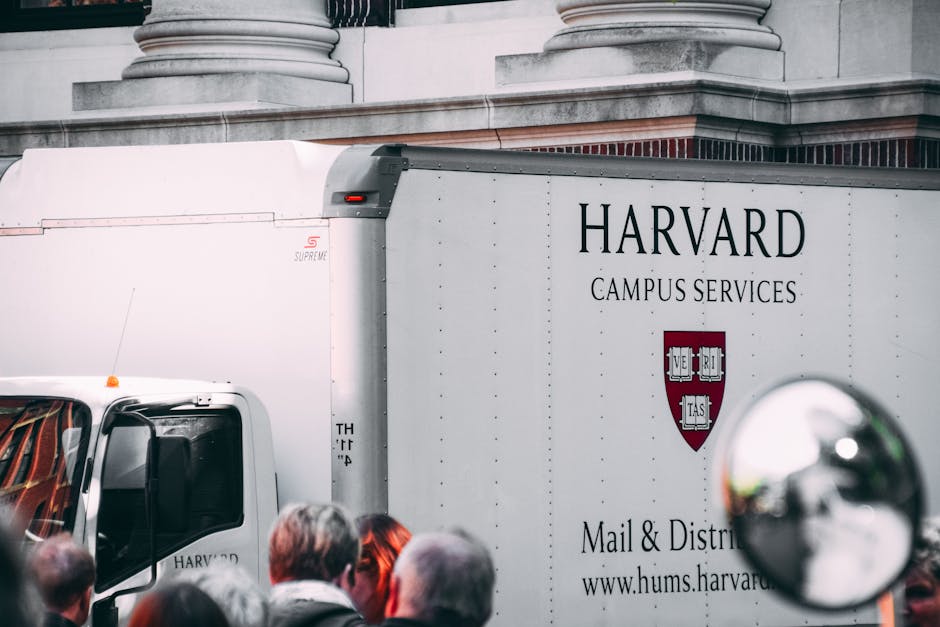Harvard vs. Trump Administration: A Deep Dive into the Legal Battle Over International Student Admissions
Harvard vs. Trump Administration: A Deep Dive into the Legal Battle Over International Student Admissions

The ongoing legal dispute between Harvard University and the Trump administration regarding the admission of international students has reached a critical juncture. A federal judge, U.S. District Judge Allison Burroughs, has postponed a decision on a preliminary injunction until the following week. This injunction would supersede two existing temporary restraining orders (TROs) that have prevented the enforcement of a proclamation barring international students from studying at Harvard.
The case stems from the Trump administration’s attempt to revoke Harvard’s certification allowing the enrollment of international students. This action, initiated in April and followed by a second lawsuit filed by Harvard in July, triggered significant repercussions. Approximately 27% of Harvard’s undergraduate and graduate student population is international (2024-2025 data), and the administration’s actions resulted in students being wrongly detained at Boston Logan Airport and denied visas, according to Harvard’s Director of Immigration Services, Maureen Martin.
Harvard’s legal arguments center on the claim that the administration’s actions constitute a violation of the First Amendment and are retaliatory. Harvard’s lawyer, Ian Gershengorn, characterized the administration’s actions as using international students as “pawns” to pressure the university into divulging information about its student body and complying with demands dating back to April. He described a pattern of aggressive actions from various federal departments targeting the university.
Conversely, the Department of Justice lawyer, Tiberius Davis, argued that the administration’s actions were not retaliatory, citing investigations and funding cuts at other institutions. He cited concerns about Harvard’s handling of issues such as antisemitism, crime, and its relationship with the Chinese government, suggesting a lack of trust in the university’s ability to vet and discipline its students. Judge Burroughs challenged this assertion, questioning the inclusion of all international students—including Jewish students from Israel—in the ban, particularly given the stated aim of combating antisemitism.
The legal battle unfolded against a backdrop of escalating tensions. The State Department ordered embassies to resume processing Harvard student visas last week, yet the conflict extends back to April when the Department of Homeland Security initiated the revocation of Harvard’s certification. The administration offered Harvard an ultimatum: surrender student data or lose its certification. This led to the issuance of the initial TROs and a subsequent proclamation barring Harvard’s international students from entering the U.S. A separate lawsuit addresses the federal government’s freezing or cutting of nearly $3 billion in federal funding, citing alleged failures to protect Jewish students.
The judge’s delayed decision highlights the complexity and high stakes of this case, which raises significant questions about the balance between national security concerns, academic freedom, and the rights of international students. The outcome will have far-reaching implications for higher education institutions and their international student populations.
Disclaimer: This content is aggregated from public sources online. Please verify information independently. If you believe your rights have been infringed, contact us for removal.